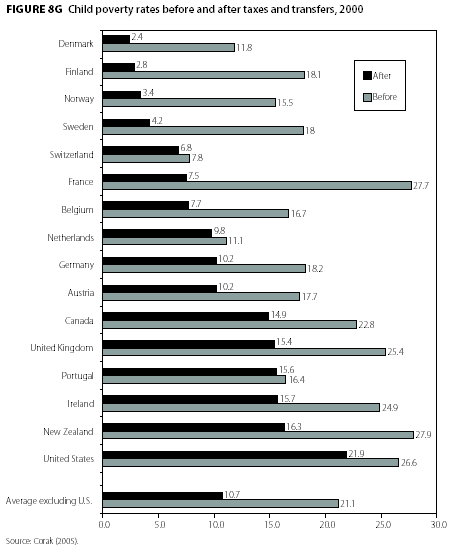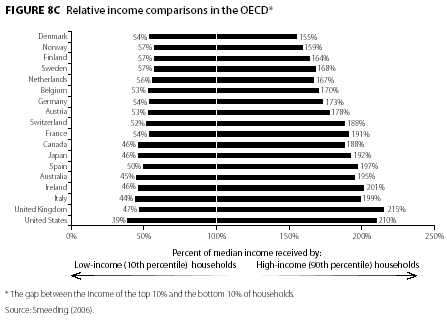Was Brexit About Racism or Tea Kettles?
Everyone on the Left is absolutely convinced that the Brexit vote was all about racism. In part, this is because this is the only way the Progressives know how to argue, the only approach to logic they are taught in college for political argumentation.
Yes, as an immigration supporter, I am not thrilled with the immigration skepticism that dominates a lot of western politics. I struggle to cry "racism" though, as I confess that even I would be given pause at immigration of millions of folks from Muslim countries who hold a lot of extremely anti-liberal beliefs.
Anyway, I would likely have voted for Brexit had I been in Britain. I think the EU is a bad idea for Britain on numerous fronts completely unrelated to immigration. The EU creates a near-dictatorship of unelected bureaucrats who seem to want to push the envelope on petty regulation. And even if this regulation were just "harmonizing" between countries, Britain would still lose out because it tends to be freer and more open to markets and commerce than many other European countries.
By supporting Brexit, I suppose I would have been called a racist, but it would really have been about this:
The EU is poised to ban high-powered appliances such as kettles, toasters, hair-dryers within months of Britain’s referendum vote, despite senior officials admitting the plan has brought them “ridicule”.
The European Commission plans to unveil long-delayed ‘ecodesign’ restrictions on small household appliances in the autumn. They are expected to ban the most energy-inefficient devices from sale in order to cut carbon emissions.
The plans have been ready for many months, but were shelved for fear of undermining the referendum campaign if they were perceived as an assault on the British staples of tea and toast.
A sales ban on high-powered vacuum cleaners and inefficient electric ovens in 2014 sparked a public outcry in Britain.
EU officials have been instructed to immediately warn their senior managers of any issues in their portfolios that relate to the UK and could boost the Leave campaign were they to become public....
Internet routers, hand-dryers, mobile phones and patio jet-washers are also being examined by commission experts as candidates for new ecodesign rules.
As a free trade supporter, the downside would be the loss of a free trade zone with the rest of Europe, but I am not sure it can be called a "free trade zone" if they are banning toasters. Britain will negotiate new tariff rates with the EU, just as Switzerland and Norway (much smaller and less important trading partners) have done.
The real crime from a US perspective is the actions of our President. Mr. Obama has told the British that by voting for Brexit, they go to "the back of the line" for trade negotiations with the US. This is, amongst a lot of stupid things politicians say, one of the stupidest I have ever heard. My response as president would have been to move Britain to the front of the line, offering them a free trade treaty with the US the day after the Brexit vote. Like most politicians, unfortunately, President Obama does not view trade as a vehicle for the enrichment of individuals but as a cudgel to enforce his whims in the foreign policy arena. Why on Earth has President Obama threatened to undermine America's strong interest in trading with the UK merely to punish the UK for not staying in the EU, a transnational body this country would certainly never join?


